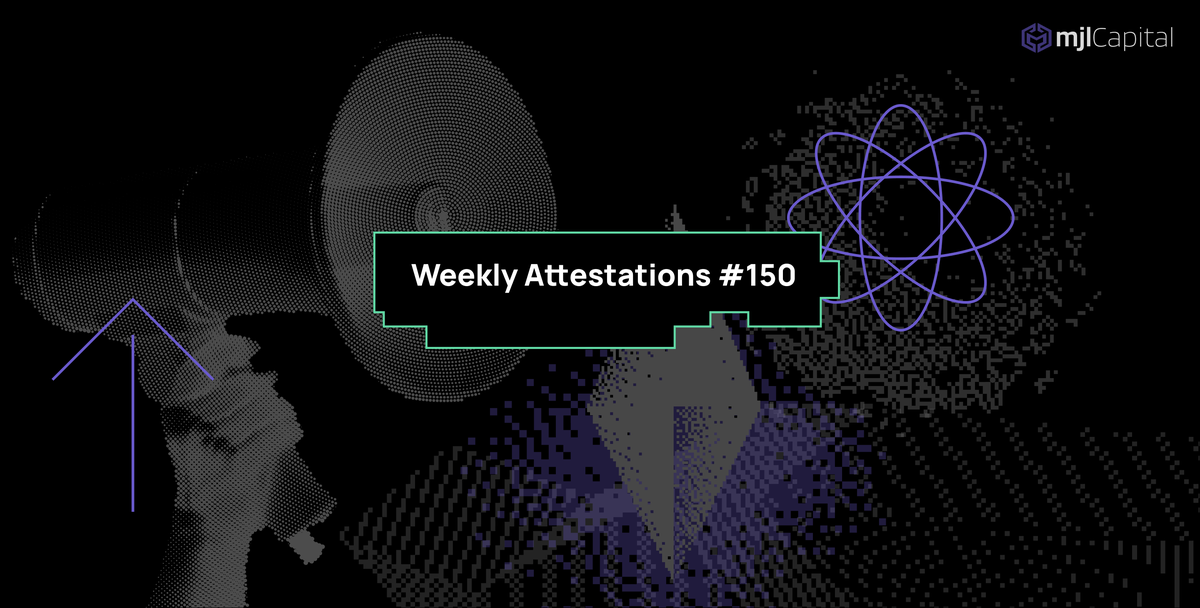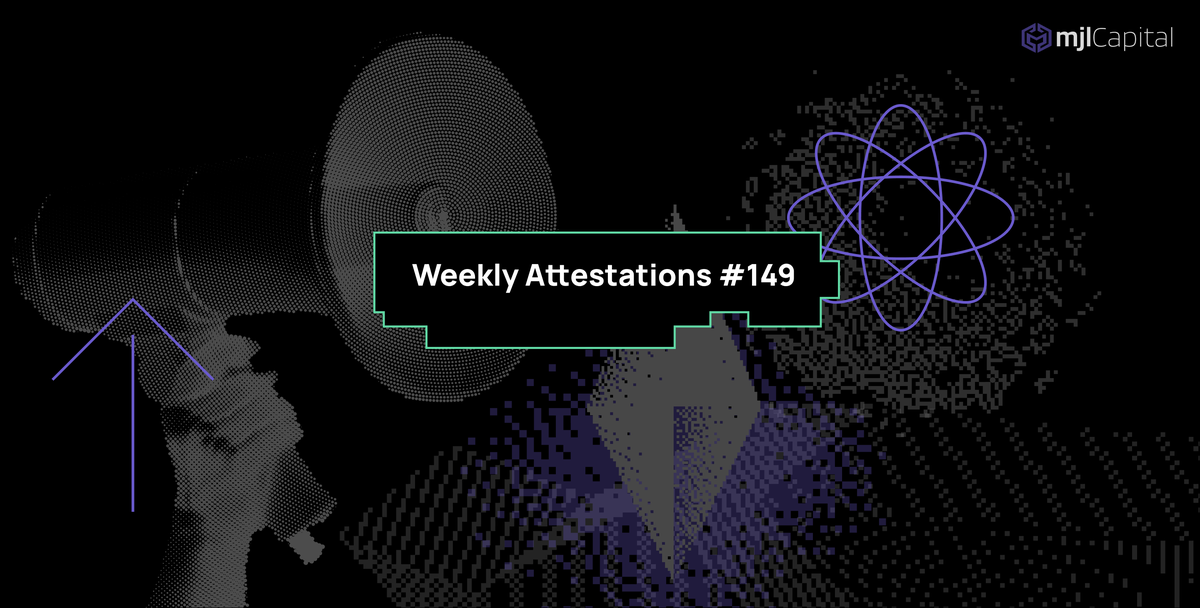Top Stories
No Strife About BTC Purchasing
Over the past week, Strategy (formerly MicroStrategy), has deepened its commitment to Bitcoin, increasing its holdings to over 506,000 BTC—worth more than $33.7 billion at an average price of $66,608. To fund this continued accumulation without selling any BTC, the company issued a new 10% Series A Perpetual Strife Preferred Stock, branded as “Strife.” Launched at $85 and quickly trading up to $93, Strife offers investors a 10% annual dividend and potential upside through convertibility into common stock. This move allows Strategy to raise capital while maintaining its BTC reserves, reflecting investor confidence in the company’s crypto-first strategy. The market has responded positively, with Strife trading above its offering price and Strategy's common stock experiencing a 7% increase to $325.30, outperforming the S&P 500's 1.7% rise. Saylor has also teased another “megabuy,” signaling that Strategy's transformation from a software company into a Bitcoin holding vehicle is far from over.
Tokenized Treasuries Surge 500%, But Still Trail Stablecoins Amid Regulatory Uncertainty
Tokenized U.S. Treasuries have grown over 500% year-over-year, rising from $800 million to $5.2 billion, driven by surging demand for blockchain-based real-world assets (RWAs). Offerings from firms like BlackRock and Securitize have seen strong inflows, yet tokenized Treasuries still make up just 2% of the stablecoin market, which itself grew 59% YoY, according to Centrifuge and Keyrock. While stablecoins serve as key liquidity rails, Treasuries offer yield-bearing alternatives—though regulatory complexity limits user access to that yield. Centrifuge CEO Bhaji Illuminati noted that yield distribution triggers securities compliance, deterring broader adoption. Despite this, stablecoin and Treasury products are seen as complementary, not competitive. Regulatory clarity is the biggest barrier, though recent approvals like Figure’s YLDS suggest that well-structured, compliant products are gaining traction. As the market matures, institutional adoption of tokenized Treasuries is expected to accelerate.

Source: RWA.XYZ
Bitcoin Dominance Hits 58% as Alt Season Remains Elusive
Bitcoin dominance has climbed to 58%, its highest level since early 2021, up from 51% in December, defying expectations of an imminent alt season. While traders have historically seen rising Bitcoin dominance followed by capital rotation into altcoins, that shift hasn’t materialized this cycle despite favorable conditions like market stability, liquidity, and institutional interest. Key factors sustaining Bitcoin’s lead include corporate accumulation strategies (notably by Strategy, formerly MicroStrategy), the launch of spot Bitcoin ETFs, and the overwhelming proliferation of new tokens diluting altcoin capital. Even the May Ethereum ETF approval failed to meaningfully shift momentum, as initial inflows didn’t translate into a broader altcoin surge.

Source: CoinStats
Fidelity Testing In-House Stablecoin Amid Broader Crypto Push
Fidelity Digital Assets, the crypto arm of $5 trillion asset manager Fidelity Investments, is quietly testing its own stablecoin, though there are no immediate plans to bring it to market. The move comes alongside Fidelity’s deeper foray into the tokenized U.S. Treasury market, including a recent SEC filing to tokenize its U.S. dollar money market fund on Ethereum. The firm’s stablecoin experiment joins a growing wave of dollar-pegged tokens launched by institutions like BitGo’s USDS and the Trump-affiliated USD1. With the GENIUS Act gaining traction in the Senate and President Trump calling for “common-sense stablecoin rules” to bolster dollar dominance, firms like Fidelity are positioning themselves ahead of looming U.S. regulation. The $250 billion stablecoin market, currently dominated by Tether’s USDT and Circle’s USDC, is fast becoming a battleground for traditional finance and crypto-native players alike. See more: Stablecoin Industry Surges as USDC Hits $60 Billion Market Cap and Institutional Interest Grows
Regulation
Trump’s Bitcoin Reserve Removes “Last Existential Risk,” Says Bitwise CIO
Bitwise CIO Matt Hougan believes that President Trump’s executive order to establish a U.S. Strategic Bitcoin Reserve has eliminated the last existential threat to Bitcoin: the risk of a government ban. Drawing a parallel to the U.S. gold confiscation of 1933, Hougan had long feared that the government might one day target Bitcoin as a threat to the dollar. But with the March 6 order—directing officials to develop budget-neutral acquisition strategies and seed the reserve with seized BTC—Hougan says that fear is now gone. “Just like that, the last existential risk disappeared before my eyes,” he said. While skeptics question the rationale, Hougan argues that if the dollar’s dominance ever falters, Bitcoin is a better fallback than geopolitical rivals like the Chinese yuan. “Of course the U.S. would embrace Bitcoin,” he said. “It’s the best backup plan on the market.”

Source: World Gold Council
Senate Overturns IRS DeFi Tax Rule in Bipartisan Vote, Trump Expected to Sign
In a 70-28 vote, the U.S. Senate has repealed a controversial IRS crypto tax rule that would have required DeFi front-end providers to operate like traditional brokers by collecting and reporting user trading data. Championed by Sen. Ted Cruz (R-TX) and Rep. Mike Carey (R-OH), the repeal found bipartisan support, including from Senate Minority Leader Chuck Schumer, though it was primarily backed by Republicans. The Treasury Department clarified the rule applied to interface providers, not the decentralized protocols themselves. With both chambers having now approved the repeal, President Trump is expected to sign it into law following recommendations from White House crypto czar David Sacks and senior advisors.
Mt. Gox Moves $1B in Bitcoin, But Repayments Still Unconfirmed
Mt. Gox has moved over $1 billion worth of Bitcoin in three major transactions this March, yet no clear signs of creditor repayments have emerged, according to Glassnode. The most recent transfer included 893 BTC to a hot wallet and 10,608 BTC to a change wallet, following similar wallet shuffles earlier this month. While some BTC has ended up at platforms like Bitstamp and BitGo, the majority remains within Mt. Gox-linked wallets, suggesting internal fund management rather than imminent disbursement. Analysts emphasize that on-chain activity alone doesn’t confirm payouts, especially as custodians like Kraken and Bitstamp may still be holding funds. Despite a repayment process that began in July 2024, and the upcoming October 31, 2025 deadline, many creditors have yet to receive distributions due to incomplete procedural steps.
Rep. Tom Emmer Blasts Wyoming’s Stablecoin as “CBDC by Another Name”
House Majority Whip Tom Emmer (R-MN) has sharply criticized Wyoming’s planned state-issued stablecoin, WYST, calling it a “veiled central bank digital currency” (CBDC) and declaring himself “vehemently against” any government-issued digital currency, regardless of party. Emmer’s comments highlight a growing rift within the GOP over crypto policy, as Wyoming Governor Mark Gordon, also a Republican, prepares to launch WYST by July. State officials argue that WYST is not a CBDC, but a fully reserved stablecoin backed by U.S. Treasuries, with safeguards for user privacy and non-custodial issuance. Still, Emmer and other critics say any state-controlled token risks overreach, especially as administrations change and data collection rules evolve. Proponents argue WYST offers benefits private stablecoins can't, like lower fees and public interest funding, but its launch has reignited national debates about the role of government in digital assets—and whether any such project, state-run or not, is too close to the surveillance-heavy vision of a CBDC. See similar: South Carolina Bill Proposes Bitcoin as State Reserve Asset See similar: Stablecoin Legislation Shouldn’t Force Issuers to Comply With Bank Secrecy Act: Rep. Tom Emmer
Other Domestic Regulation Updates
- Fidelity enters spot Solana ETF race in US
- World Liberty Financial to Launch Institutional-Ready Stablecoin USD1
- Kentucky Passes Bitcoin and Ethereum Self-Custody Law
- Bitcoin ETFs' longest yearly inflow streak exceeds $1 billion
- NYAG and Galaxy Digital settle LUNA lawsuit for $200 million
Other International Regulation Updates
- BlackRock launches Bitcoin ETP in Europe
- HashKey and Bosera to launch tokenized money market ETFs
- Binance Suspends Wallet Team Member Over Alleged Insider Trading
- Bitcoin Reserve ‘Crucial’ for Brazil's Prosperity: Lula Administration
- Chainlink Partners with Abu Dhabi Global Market
Pain & Gain
Pain
- Binance suspends employee for alleged insider trading
- Hyperliquid delists JELLYJELLY after latest whale manipulation fiasco
- CoreWeave nets $1.5 billion in below-target IPO
- Hyperliquid Delists Surging Solana Meme Coin to Avoid Liquidation Crisis
Gain
- Berachain rolls out 'proof-of-liquidity'
- Crypto Visa card startup Rain raises $24.5M
- Ethereum edges closer to deploying Pectra
- GameStop Borrows Strategy Playbook, Plans to Raise $1.3 Billion to Buy Bitcoin
Important Legal Notices
This reflects the views MJL Capital LLC (“MJL”), but it should in no way be construed to represent financial or investment advice. Nothing in this correspondence is intended to constitute or form part of, and should not be construed as, an issue for sale or subscription of, or solicitation of any offer or invitation to subscribe for, underwrite, or otherwise acquire or dispose of any security, including any interest in any private investment fund managed by MJL. Any such offer may only be made pursuant to a formal confidential private placement memorandum of any such fund, which may be furnished to potential investors upon request and which will contain important information to be considered in connection with any such investment, including risk factors associated with making any investment in any such fund. Further, nothing in this correspondence is, or is intended to be treated as, investment or tax advice. Each recipient should consult their own legal, tax and other professional advisors in connection with investment decisions.
Domenic Salvo is a Managing Partner at MJL Capital, helping lead Portfolio Research and Investor Relations.




